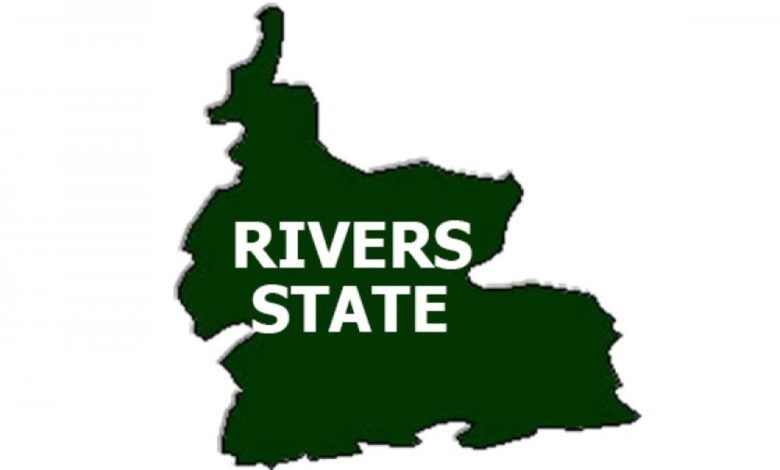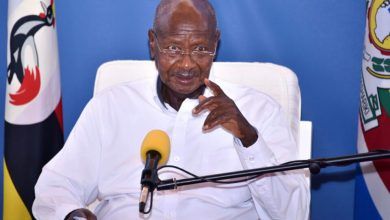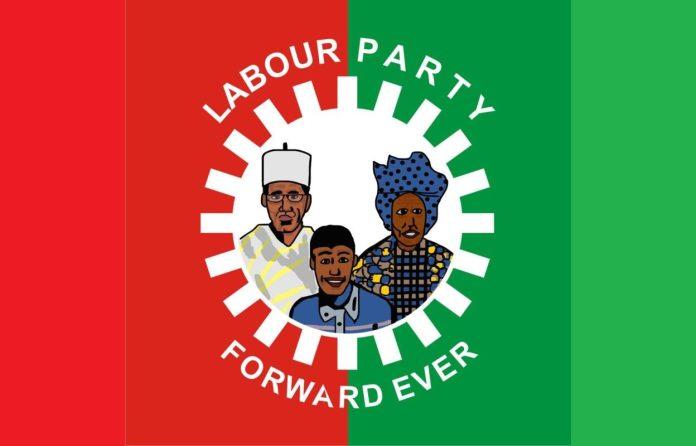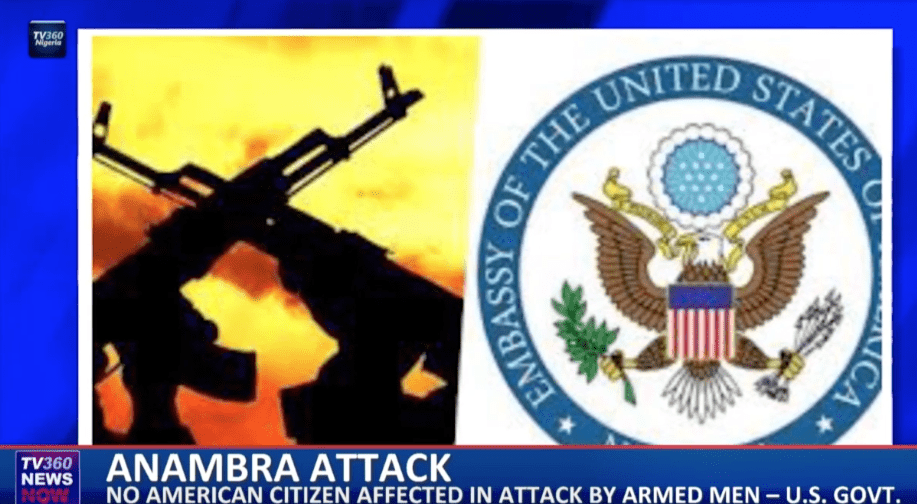
A coalition of women groups has added a new layer of complexity to the ongoing political crisis in Rivers State, taking to the streets of Port Harcourt in support of the state of emergency declared by President Bola Tinubu. The women, dressed in white, marched from the Garrison Flyover to Isaac Boro Park, holding placards with messages like “State of Emergency is Constitutional” and “We Don’t Want Fubara.”
Leading the protest was Ifeyinwa Aguma, a former Commissioner for Social Welfare in Rivers and an ally of Minister of the Federal Capital Territory (FCT), Nyesom Wike. The women expressed their support for Ibok-Ette Ibas, whom President Tinubu appointed as the state’s administrator, urging him to continue overseeing the state’s administration effectively. This demonstration follows a similar protest last week, where women showed support for the suspended Governor Siminalayi Fubara, who had been placed under suspension by Tinubu due to the ongoing political turmoil.
In a controversial move last month, President Tinubu declared a state of emergency in Rivers State, citing a breakdown in political order, security issues, and the fallout from pipeline explosions in the region. Under the state of emergency, Governor Fubara, his deputy Ngozi Odu, and the members of the Rivers State House of Assembly were suspended for an initial period of six months. Ibas was appointed to manage the state during this period.
While the decision has garnered support from the women’s groups, it has also ignited fierce opposition, particularly from the People’s Democratic Party (PDP) governors. These governors have denounced the declaration and are challenging it in court, arguing that it is unconstitutional and undemocratic.
The declaration of a state of emergency has deeply divided the political landscape in Nigeria. Supporters, including the women protesters, argue that the action was constitutionally valid and necessary to restore order, while critics believe it undermines democratic principles and is a politically motivated move by the federal government.
The ongoing protests and legal challenges highlight the tension between the federal government and opposition figures, especially within Rivers, where the political crisis seems far from resolution.
As the political drama in Rivers continues to unfold, the state remains a flashpoint for political and legal battles. With both pro and anti-state-of-emergency groups mobilizing support, the situation in Rivers State appears set to remain in the national spotlight. The outcome of the court cases challenging the president’s actions and the political recalibration within the state will likely determine the trajectory of governance and stability in Rivers.





